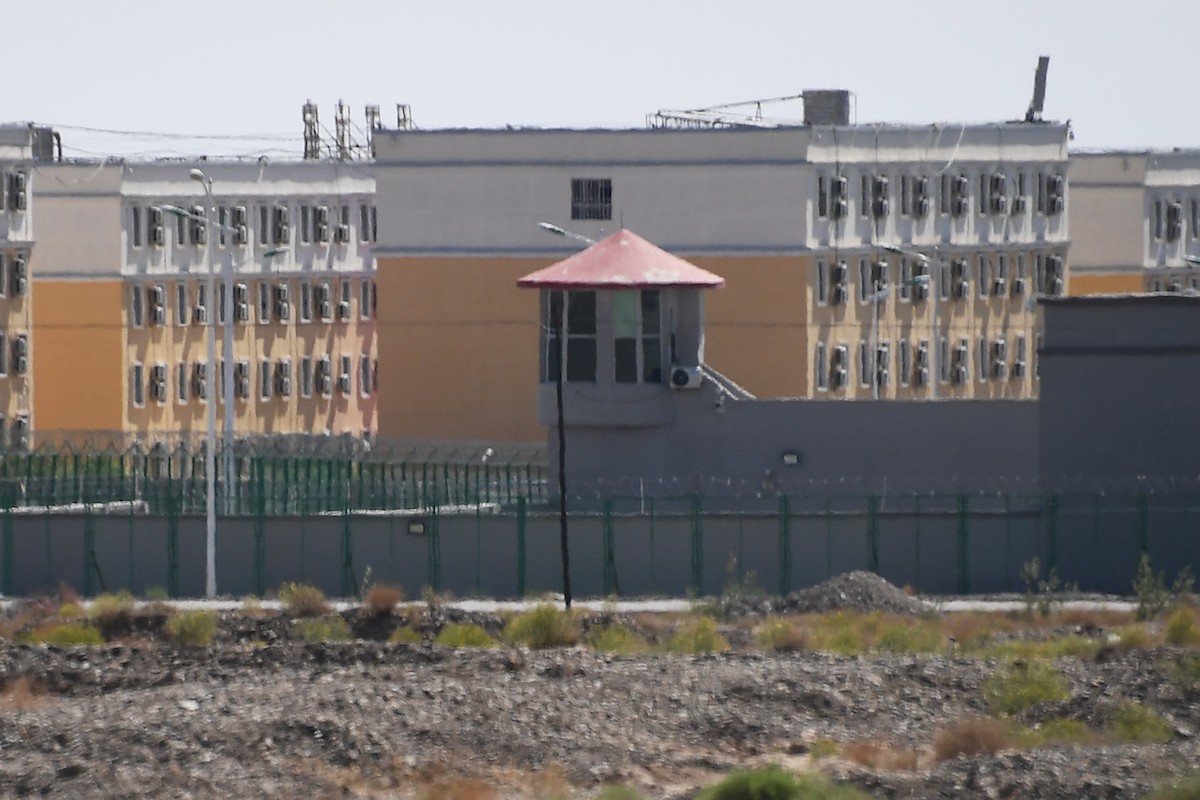The United States Customs and Border Protection (CBP) has recently prohibited the entry of hair products from Chinese companies allegedly involved in forced labor.
U.S. authorities have sanctioned Hetian Haolin Hair Accessories, a hair products company based in Xinjiang Uyghur Autonomous Region in mainland China.
The customs office said it would detain imported merchandise “made wholly or in part with hair products” manufactured by the company.
Authorities said they will also require importers to prove that the merchandise was not produced with forced labor if they insist to sell it in the United States.
The CBP noted that Hetian Haolin Hair Accessories is the second company, which has links to an “information that reasonably indicates the use of forced labor.”
In October last year, the CBP has issued a Withhold Release Order banning the importation of goods produced by Hetian Taida, which is also registered in a business district in Xinjiang where so-called “re-education or internment camps” are located.
Reports said estimated that 1.8 million Uyghurs, a predominantly Turkic-speaking ethnic group, and other Muslim minorities have been held by Chinese authorities in these camps since 2017.
China is the world’s largest hair-based product importer supplying 80 percent of the total demand for products such as wigs and false eyelashes.
Radio Free Asia (RFA) Uyghur Service reported that a kilogram of raw human hair sells from US$11 to US$14 depending on quality. Hair-based products can reach as high as US$1,400.
The United States imports at least US$6 billion worth of hair products from China each year.
In its report, RFA revealed that some export companies in other parts of China go to Xinjiang to source materials.
Former “reeducation camp” female detainees were quoted as saying that their heads were shaved “immediately upon entering the detention facilities.”
Uyghur cultural tradition, however, dictates that women leave their hair long.
There is also no history of people selling their hair in the region, raising suspicions about whether in addition to using forced labor to manufacture hair products, the raw hair may be coming from detainees in Xinjiang’s camp network.
On May 22, the U.S. Department of Commerce said it would sanction 33 Chinese firms and government institutions over alleged human rights abuses against Uyghurs and other minority groups.
U.S. authorities announced that they will penalize China’s Institute of Forensic Science and Aksu Huafu Textiles for “engaging in human rights violations and abuses.”
The Commerce Department said it will also prohibit the exports of seven other companies in Xinjiang that specialize in artificial intelligence and facial recognition technology.
In March, U.S. legislators proposed a law aimed at preventing goods made from alleged forced labor in the Xinjiang region in China to reach the U.S. market.
The proposed law requires importers to secure a certification from the government indicating that the “goods were not produced using forced labor.”
The bill also calls for the U.S. president to impose sanctions on “any foreign person who knowingly engages” in such illegal activity.
In its report, the U.S. Congressional-Executive Commission on China named several multinational companies suspected of “directly employing forced labor or sourcing from suppliers that are suspected of using forced labor.”
Among the companies were Adidas, Nike, Costco, Calvin Klein, Esprit, H&M, Patagonia, Tommy Hilfiger, the Coca-Cola Company, and the Campbell Soup Company.
Some of the multinational companies have already denied the allegations.







